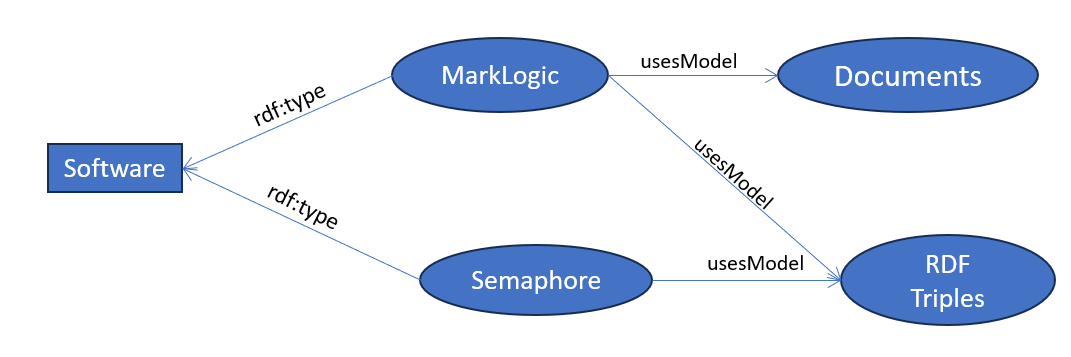Blog
Binding Multiple Values
- 28 July, 2022
- By Dave Cassel
- 2 Comments

With MarkLogic’s SPARQL queries, we can bind a value to constrain the query. Using this capability, we can gather information about something of interest. But what if I want to query against multiple values?
Let’s start with some sample data.
'use strict';
declareUpdate();
const sem = require("/MarkLogic/semantics")
const myPred = sem.iri("myPredicate");
sem.rdfInsert([1, 2, 3, 4, 5, 6, 7, 8, 9, 10]
.map(num => sem.triple(sem.iri(`target${num}`), myPred, num))
)
After running this in Query Console, I have 10 triples. Now suppose I want to find the objects where the subject is one of target1, target2, or target3? I have a couple choices. With MarkLogic, I can go after one of these values with a simple bind (the second parameter in sem.sparql):
sem.sparql(
`
select ?obj
where {
?target ?pred ?obj
}
`,
{ target: sem.iri("target1") }
)
To be complete in thinking about my options, I could brute-force it and just run multiple SPARQL queries, one for each of my targets. That’s pretty inefficient.
I could also use a FILTER.
sem.sparql(
`
select ?ojbj
where {
?target ?pred ?obj
FILTER (?target IN (<target1>, <target2>, <target3>))
}
`
)
This is effective, but I’ve learned it’s not very efficient (but better than multiple queries). Another option is to bind the values we’re looking for using sem.sparql‘s second parameter:
'use strict';
sem.sparql(
`
select ?obj
where {
?target ?pred ?obj
}`,
{
target: [sem.iri("target1"), sem.iri("target2"), sem.iri("target3")]
}
)
I loaded up my database with 100,000 triples for a quick test (no other data, no other load). Both ran in a matter of milliseconds, but using the bind approach ran in about a quarter of the time that the FILTER approach took.
If you’re looking to run a SPARQL query and you want to use multiple values, binding an array is the preferred way. Interesting to note, however — you can’t do that in a SPARQL update! Stay tuned for the next post where I’ll cover that.
Share this post:
4V Services works with development teams to boost their knowledge and capabilities. Contact us today to talk about how we can help you succeed!



With MarkLogic’s SPARQL queries, we can bind a value to constrain the query. Using this capability, we can gather information...